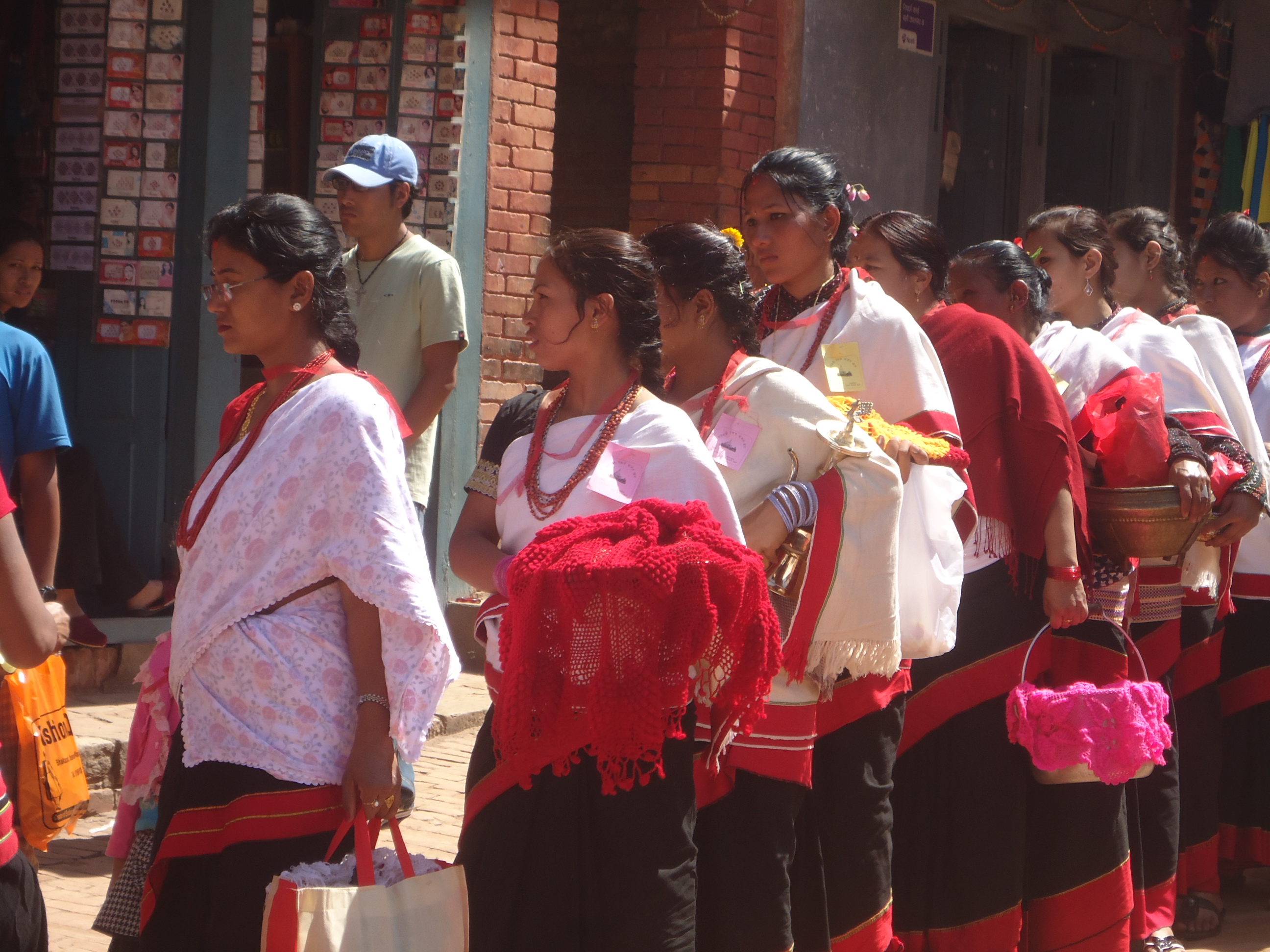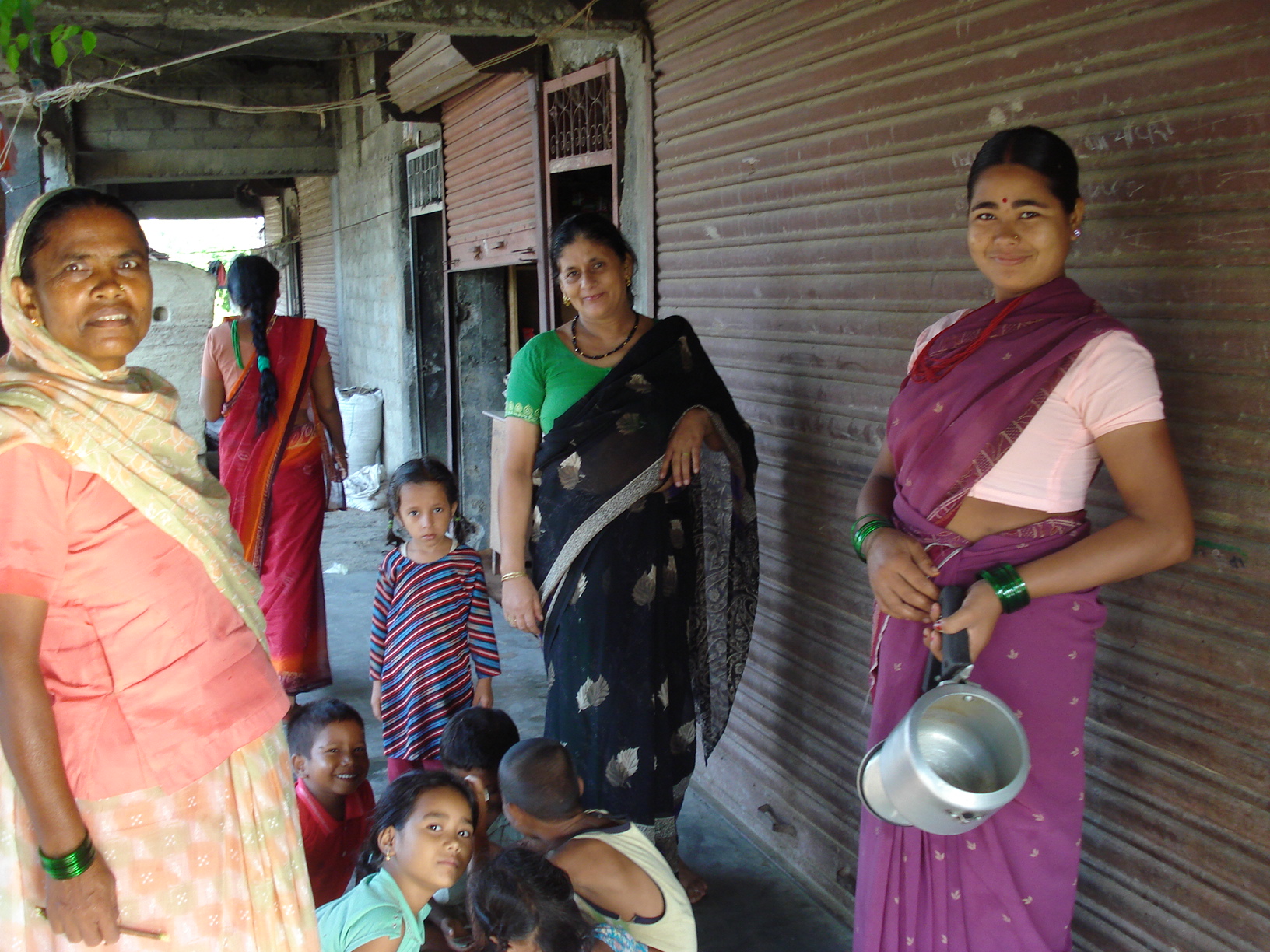 |  |  |  |
|---|
Nepal is one of the most difficult countries in the world to be a woman. Internal conflict and the earthquake of 2015 have left Nepal as one of the world's most impoverished nations. Women are generally the most disadvantaged. Women in particular do not have equal access to education, paid employment and land ownership and other property rights. Because of a lack of education and skills training, women have inadequate employment opportunities and are often vulnerable to exploitation. Young women are at a particular risk of exploitation when families run into economic hardship.
Women are most at risk for domestic violence in terms of physical abuse, psychological torture and sexual assault by their immediate family members and a majority of the cases go unreported. Many women, including young girls, are physically and/or sexually abused in home as well as public spaces.
Harmful traditional practices such as Chaupadi (menstrual seclusion) are still practiced at some remote parts of the country where girls are highly vulnerable to rape and sexual assaults during night time since they remain isolated from home and family. Nepal has been a source of girls trafficking industry. In the aftermath of the 2015 earthquake, the trafficking of women and girls has increased as more people are forced into camps and temporary shelters, leaving them vulnerable to traffickers.
Our Women’s Socioeconomic Empowerment Project in Nepal helps women achieve economic independence as they rebuild their lives as survivors of human sex trafficking. Our Nepal project also works with vulnerable women who by providing them with education and skills training so that they can build sustainable employment opportunities for themselves making them less vulnerable to exploitation and abuse.






